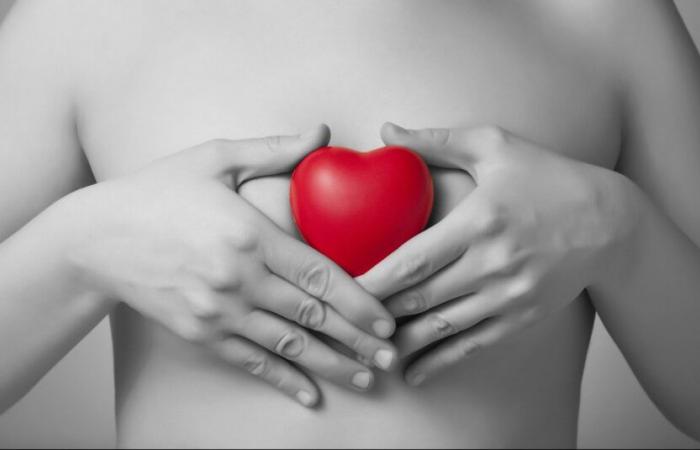People who have received organ transplants have reported “ strange changes » in their emotions, their tastes or their memories. This phenomenon would be “ more common » in heart recipients.
These changes may relate to their food preferences, musical tastes and even sexual orientation. For some patients, these preferences and memories reflect those of their donors. Thus, an article published in the journal Cureus [1] reports of a nine-year-old boy receiving the heart of a three-year-old girl who drowned in the family swimming pool. Without being told how the little girl died, he became terrified of the water. A 29-year-old woman who received the heart of a 19-year-old vegetarian said, “ suddenly ” developed ” an aversion to meat ».
Research to consolidate
Research “ more and more numerous » suggest that this could be because the heart and brain are “ intrinsically linked », « the heart sharing neurons and cells similar to those in the brain ». « The heart’s neural network and its two-way communication with the brain support the idea of a heart-brain connection in memory and personality », Consider some scientists. Among other hypotheses, the existence of a “ cellular memory “, epigenetic modifications caused by the transplant or more simply “ a psychological reaction following major surgery or heart disease that nearly resulted in death “. Indeed, ” many experts » consider these cases too rare to draw conclusions.
Of the ” interdisciplinary research » are necessary « to unravel the subtleties » of these phenomena in order to shed light on what is at stake in organ transplantation and, more generally, “ broader aspects of neuroscience and human identity ».
[1] Al-Juhani A, Imran M, Aljaili ZK, Alzhrani MM, Alsalman RA, Ahmed M, Ali DK, Fallatah MI, Yousuf HM, Dajani LM. Beyond the Pump: A Narrative Study Exploring Heart Memory. Cureus. 2024 Apr 30;16(4):e59385. doi: 10.7759/cureus.59385.
Source : Daily mail, Emily Joshu Sterne (12/12/2024)
Health






